When the Japanese conductor Masaaki Suzuki leads his forces in a performance of a Bach cantata, does he worry that the non-Christians in his audience will face the fires of Hell?
That seems a bizarre question to ask any conductor of Bach’s music, especially one from Japan, where only one per cent of the population is Christian.
But when I met Suzuki in Copenhagen last Friday I asked it, because the 61-year-old founder of the Bach Collegium Japan (BCJ) is part of that one per cent. He’s an Evangelical Protestant, like Johann Sebastian Bach himself. Indeed, he adheres to an even fiercer interpretation of the Bible than the cantor of St Thomas’s.
Bach was a Lutheran; Suzuki is a member of the Reformed Church in Japan, which adheres to Calvin’s teaching that the fate of the soul at death is ‘predestined’ by God. The Lord already knows whether people are headed for paradise or damnation, and there is absolutely nothing they can do to influence their eternal fate.
For years I’ve wanted to ask Maestro Suzuki about his Christian faith, which he proclaimed in the liner notes for the first CD of his Bach cantata cycle with the BCJ and again, 18 years later, in the 55th and last.
As he wrote when he signed off: ‘With the help of His disciples, God left us the Bible. Into the hands of Bach He delivered the cantata. That is why it is our mission to keep performing them: we must pass on God’s message through these works, and sing them to express the Glory of God.’
Whoa! When did you last hear a world-class conductor of Christian sacred music espouse the doctrines it conveys?
Make no mistake about it: Suzuki is in the top flight of choral conductors (and, in addition, a magnificent harpsichordist and organist — he’s working on what may turn out to be a complete Bach organ cycle).
When I interviewed him he was, arguably, one of three supreme living interpreters of the Bach cantatas, masses, passions and motets. On the following day, sadly, the number was down to two: Nikolaus Harnoncourt, who with Gustav Leonhardt recorded the first cycle of the 193 Bach cantatas on baroque instruments, died on Saturday.
That leaves Sir John Eliot Gardiner, who recorded the works live in a single year, and the vastly more self-effacing Suzuki, who begins the Bach Collegium Japan’s first UK residency at the Barbican Centre with a performance of the B minor Mass next month. (Mind you, even Boris Johnson is more self-effacing than Gardiner.)
That said, self-effacement has a ritual dimension in Japanese culture: Suzuki greets me with the customary graceful bow and it’s difficult to judge how modest he is. But, my goodness, meeting him is an enchanting experience. He speaks so excitedly about the B minor Mass that you’d think he had just come across it for the first time.
‘Eight voices in the Credo!’ he says — meaning eight lines of polyphony, unprecedented in any of Bach’s cantatas or keyboard fugues. He sculpts them in the air and sings the words ‘in remissionem peccatorum’ just to remind me how glorious it all sounds.
No wonder, then, that the freshness of Bach’s inspiration blooms everywhere in Suzuki’s cantata cycle for Bis. I spent two decades collecting them, impatient for the next one to appear.
Critics praised their ‘devotional’ quality, even in the sprightliest choruses, and assumed, as I did, that this owed something to Suzuki’s own faith. He says not. ‘The music is a miracle of God, but there’s nothing personal — I want it to speak for itself, and most of my musicians aren’t Christian.’
Suzuki grew up in Kobe, which as Japan’s busiest port was one of the few cities where Christianity had a foothold. His parents were Protestant but it was his decision to join the Reformed Church.
‘I’m lucky to be there, because Calvinism is so practical for evaluating cultural activity in this world. Any type of music can be appreciated,’ he says.
Really? But didn’t John Calvin discourage music in church? Aren’t his followers gloomy philistines? ‘No! His teachings are so badly misunderstood,’ sighs Suzuki.
‘Any type of church music must be appropriate to our age. For example, Bach’s cantatas would not work as worship in church anywhere in the modern world. Not even in Germany, where Lutheranism is now so different than in Bach’s day.’
What does he mean, then, when he writes that his group sings Bach ‘to the glory of God’? As he says, they’re Japanese and not believers. The lessons of scripture are as foreign to them as the German tongue (which, none the less, they pronounce as accurately as any English choir).
‘Calvin saw music as part of God’s creation in this world, part of the wonderful grace that He has sent for us,’ says Suzuki. It doesn’t need to be sung as worship to glorify God — and it doesn’t lose its spiritual power because the performers or the audience aren’t Christians.
Fair enough, but according to the doctrines of Suzuki’s church, if members of the concert-going public die without faith in Christ then they will go to hell.
He puts it more diplomatically. ‘I think of people waiting to be saved, and in Japan most people are waiting,’ he says. ‘I don’t think I may judge them at all, because no one can know what’s happening in each soul, each heart, so our task is to carry the message in the music.’
In other words, Suzuki doesn’t question for a moment that unbelievers are lost; but he is confident that the Lord can change hearts through music. Moreover, that music doesn’t need to be attached to religious words to do the work of salvation.
Bach knew this, he says. It’s why he didn’t mind taking a melody originally written to convey a specific theological message and reusing it in an entirely different work. The Art of Fugue is as much part of his spiritual edifice as the St Matthew Passion.
This is a liberating insight. The music works its own wonders. Therefore Bach-lovers at the Barbican needn’t worry if the words they hear don’t resonate with them; Suzuki certainly doesn’t mind.
On the other hand — and it’s hard to think of any other conductor of whom this is true — this irrepressibly cheerful man does believe that the singers in front of him and the audience behind him will face divine judgment.
The lady in the fifth row may smile at the felicities of Bach’s counterpoint; but one day she will either join the company of the saints or, in the words of Cantata 115, ‘be covered in the sleep of eternal death’.
Got something to add? Join the discussion and comment below.
Get 10 issues for just $10
Subscribe to The Spectator Australia today for the next 10 magazine issues, plus full online access, for just $10.
The Bach Collegium Japan residency is at the Barbican on 8 and 9 April.
You might disagree with half of it, but you’ll enjoy reading all of it. Try your first month for free, then just $2 a week for the remainder of your first year.

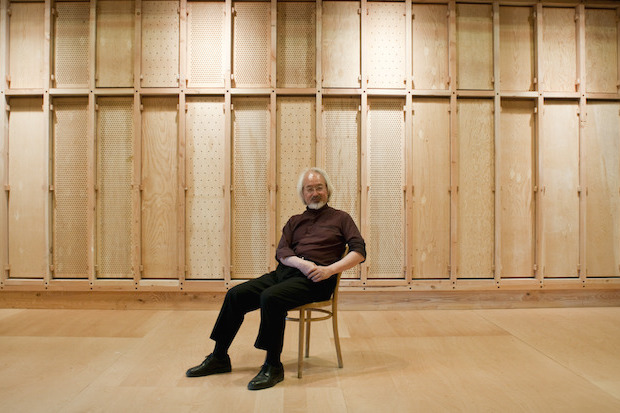
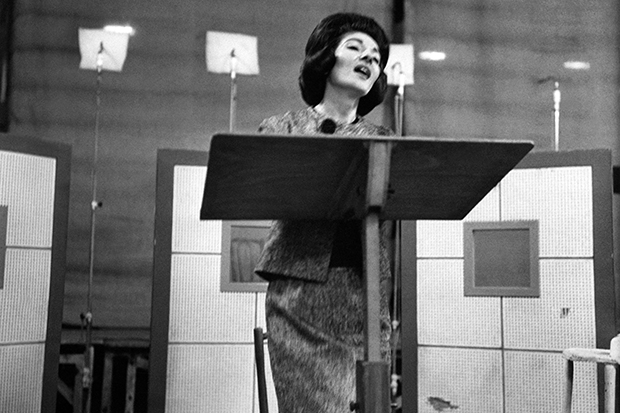
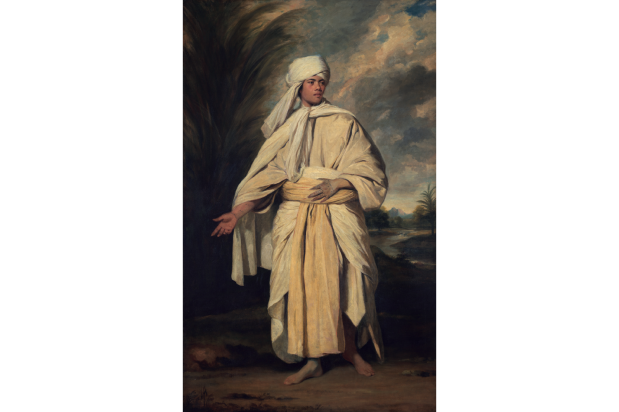
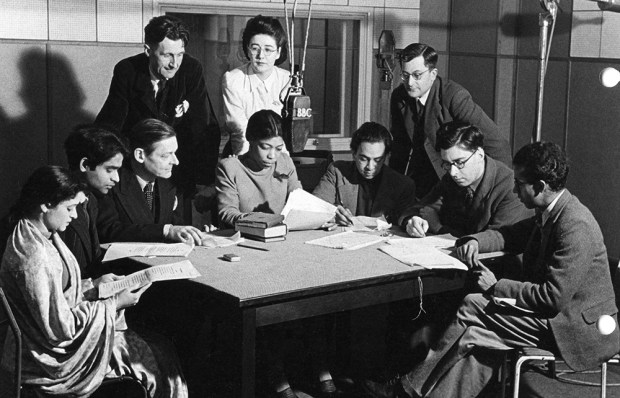


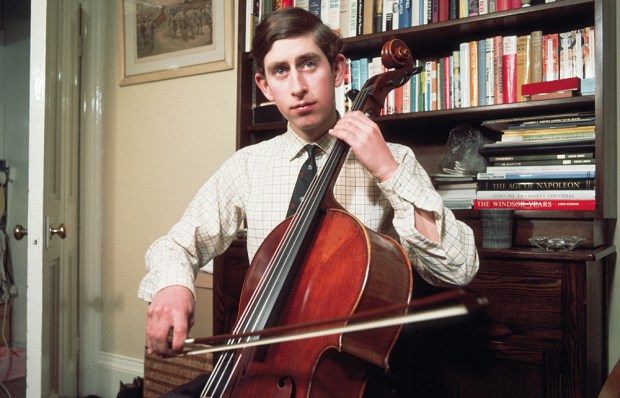






Comments
Don't miss out
Join the conversation with other Spectator Australia readers. Subscribe to leave a comment.
SUBSCRIBEAlready a subscriber? Log in